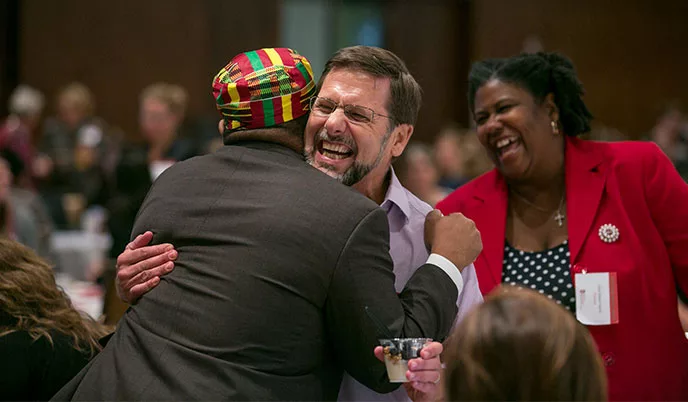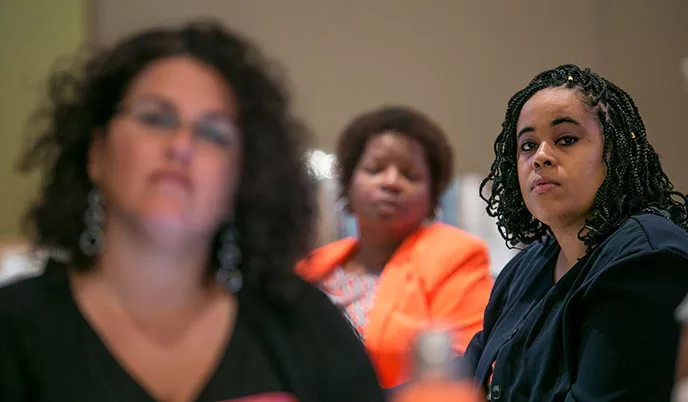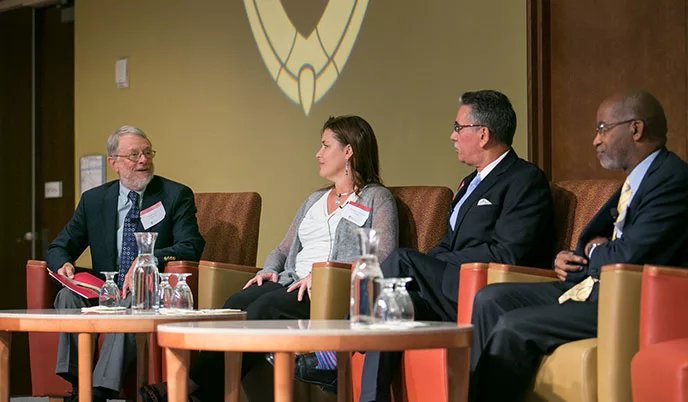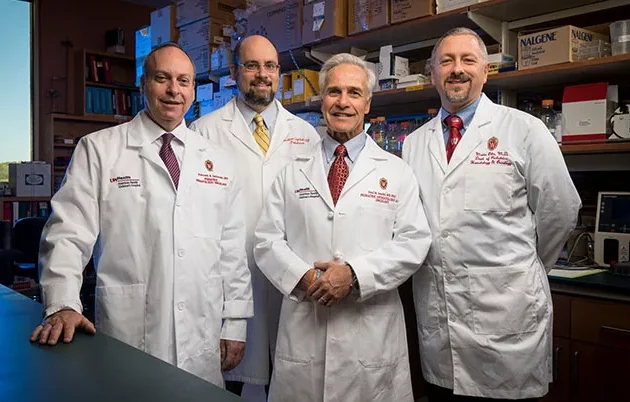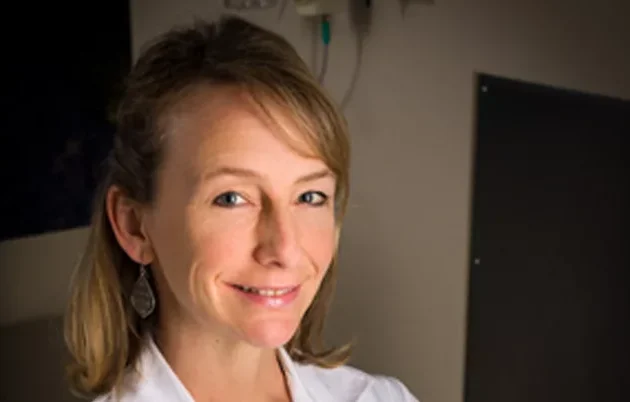“A culturally competent health care system can help improve health outcomes and quality of care, and can contribute to the elimination of health disparities,” said Skochelak.
Downs, the UW School of Medicine and Public Health associate dean for multicultural affairs and an associate professor in the UW School of Medicine and Public Health Department of Urology, noted, “When training our residents, cultural competency must be more than just a box that gets checked.”
He continued, “How do we become experts? We reach out and collaborate to bring in many talented people so we can develop a supportive network for our students and other trainees.”
The thrust of Downs’ role as an associate dean is to work with students and underrepresented faculty members at the UW School of Medicine and Public Health; Downs plays an integral role in shaping the UW School of Medicine and Public Health initiatives focusing on diversity and inclusion. He uses his own experience as an African-American male surgeon to help prepare students for times when they may encounter a lack of cultural sensitivity in clinical settings. He also works with them on future residency and fellowship selection, making sure they are “on top of their interview game” and choose to apply to programs where they will succeed.
Another UW School of Medicine and Public Health faculty member dedicated to teaching about diversity in health care, Haq added, “We are ready to tackle health inequities. Our students are passionate about working with others, both within and outside the health system, to identify and address social factors that influence health. When we support and direct our students’ energy and passion, they can become community-engaged physician leaders who are well-prepared to contribute to promoting health for all.”
Planning for Next Steps
“Our conference was intentional in its design,” said Eileen Smith, director, Wisconsin Partnership Program. “We created the conference with an emphasis on the Wisconsin Partnership Program’s three focus areas: education, partnerships and research.”
Further, at the working lunch, table facilitators captured individual health equity related perspectives and other feedback for the Wisconsin Partnership Program.
“Our staff is pouring over the input and will use that information as part of our strategic actions going forward,” said Smith.

